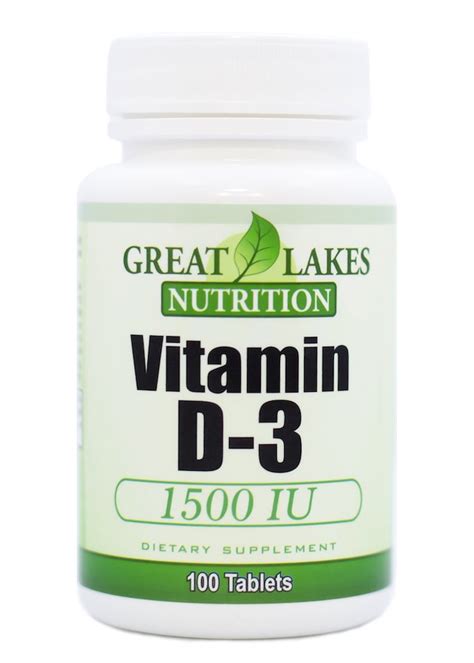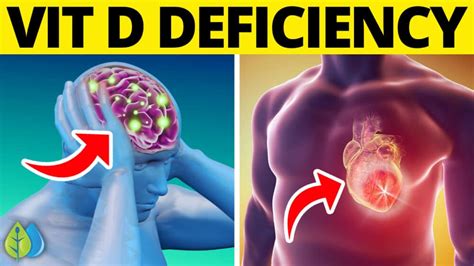Which fat-soluble vitamin plays a crucial role in both bone health and hormone regulation, particularly testosterone, in men?

Unveiling the Key Vitamin for Male Vitality
In the intricate landscape of human physiology, certain nutrients stand out for their multifaceted contributions. Among fat-soluble vitamins, one, in particular, has emerged as a powerhouse, profoundly impacting male health from skeletal integrity to hormonal balance. This crucial nutrient is Vitamin D.

The Foundation: Vitamin D and Bone Health
Vitamin D’s role in bone health is perhaps its most well-known function. It acts as a prohormone, primarily responsible for regulating calcium and phosphate levels in the body. Without adequate Vitamin D, the body cannot effectively absorb calcium from the diet, leading to a cascade of issues. It facilitates the absorption of calcium in the gut and ensures its proper deposition in bones, thereby maintaining bone density and strength. Deficiency can lead to conditions like osteomalacia in adults and osteoporosis, characterized by brittle bones and increased fracture risk.
Beyond Bones: Orchestrating Male Hormones, Especially Testosterone
While its skeletal benefits are undeniable, recent research has shed significant light on Vitamin D’s critical role in the endocrine system, particularly concerning male hormones. Men possess Vitamin D receptors in various tissues involved in testosterone production, including the Leydig cells in the testes.
Studies have indicated a strong correlation between sufficient Vitamin D levels and higher testosterone concentrations in men. It’s believed that Vitamin D influences the enzymatic pathways involved in testosterone synthesis and may also help regulate the conversion of testosterone to estrogen, a process that can negatively impact male hormonal balance if unchecked. Adequate Vitamin D levels are associated with better sperm quality and overall reproductive health, further underscoring its importance.

How Men Acquire This Essential Nutrient
The primary and most efficient source of Vitamin D is exposure to sunlight. When ultraviolet B (UVB) rays from the sun strike the skin, they trigger the synthesis of Vitamin D. However, factors like geographical location, season, skin pigmentation, sunscreen use, and time spent indoors can limit this natural production.
Dietary sources also contribute, though often in smaller amounts. Fatty fish like salmon, mackerel, and tuna, as well as fortified foods such as milk, cereals, and orange juice, contain Vitamin D. For many, especially those with limited sun exposure, supplementation becomes a necessary and effective way to maintain optimal levels.

The Risks of Deficiency in Men
A significant portion of the male population worldwide suffers from Vitamin D insufficiency or deficiency. Low levels can manifest in various ways beyond just bone issues. For men, these can include:
- Reduced bone mineral density and increased fracture risk.
- Fatigue and general weakness.
- Muscle pain and weakness.
- Impaired immune function.
- Mood disturbances.
- Most notably, lower testosterone levels, which can lead to decreased libido, erectile dysfunction, reduced muscle mass, and increased body fat.

Optimizing Vitamin D for Male Health
Regular monitoring of Vitamin D levels through blood tests is advisable, particularly for men experiencing symptoms of deficiency or those with risk factors. Healthcare professionals can recommend appropriate supplementation dosages, which are typically measured in International Units (IU). Maintaining adequate levels is a proactive step towards ensuring not only strong bones but also a robust and balanced hormonal profile, vital for overall male vitality and well-being.

Conclusion
In summary, the fat-soluble vitamin playing a crucial role in both bone health and the regulation of hormones, particularly testosterone, in men is Vitamin D. Its importance extends far beyond just skeletal integrity, touching upon the very essence of male hormonal balance and overall physiological function. Prioritizing optimal Vitamin D levels is a fundamental strategy for men seeking to maintain peak health, energy, and reproductive vitality throughout their lives.








